Imagine being in their shoes
Certain words make people feel offended and violated. Specific words including “retarded,” “mental,” “mental disease,” “faggot,” the “N-word” and many more. When someone has a disability, people assume that they can’t do anything normal. They can’t talk, play, write, read or anything how a “normal” person would do it.
My sister, Mckenna Buchholz, has Wolf Hirschhorn Syndrome, or as most people would call it the syndrome with the missing chromosome. She specifically has the short arm of her fourth chromosome missing. Regularly this syndrome disables the person from walking, talking, feeding themself and dressing themself, which ultimately means that they will be in a wheelchair their whole life.
April 19, 2003, the doctors at Kaiser Hospital took newborn Mckenna into a room and because she was so small and fragile they ran many tests and poked her feet with 12 needles. My parents, Denise and Ross Buchholz, were worried about their newborn baby and why she was so small. They took her home and after a couple weeks the results had come back positive with Wolf Hirschhorn Syndrome. Doctors said she wouldn’t be able walk, talk, feed herself, write, or anything and would only live for about two years.
Two years went by and she had already started to walk and talk like a baby would do as they grew older. She became very independent and always found ways to get around the house, whether it was crawling or scooting around on her scooter. Although she couldn’t walk very well, she never failed to get from point A to point B.
As she got older, I got closer and closer to her. Our bond became stronger each day and I never once doubted her in any way. From her first step to her first word and her first day of school, I was always right by her side.
When she first came home from the hospital I had no idea she had a disability, all I could see was a sweet little newborn baby sister. Every day I would wake up and I couldn’t wait to play with her. Once I got older I realized that my parents were treating her a little different, like they were more careful and gentle with her than they were with me, so I asked my parents why. After they told me that she had a missing chromosome and that she wouldn’t be the exact same as me, my opinion on her didn’t change; she was still my perfect little sister.
Ever since she began to talk and walk and grow up I became very protective of her. How people looked and treated her got to me really quickly. People would stare at her when we walked around the store or they would make comments under their breath. At first I just brushed it off because I was too young to make a comment that really meant something. However, once I got older and the comments became a little more of an issue, I started to call people out for it and correct them.
The words “retarded” and “mental” were the most common words used towards my sister. People would say things like “She just looks retarded. I don’t know how you can live with that sometimes?” or “Isn’t her syndrome a mental thing? How can she learn and read if she’s mental?” Comments like that made me want to protect her with everything I had in me. Nobody knew how hard it was to grow up knowing you had to be a little extra careful with your younger sister or that you had to do what she couldn’t do since she developed slower than I did. Nobody knew that they weren’t the only person who made a derogatory comment, it was multiple people.
Stop using the R-word. Stop using “mental” to describe someone. Stop using mental disease to describe someone. Stop using the N-word. Stop using “faggot.” Stop using all these words and just learn to accept everyone for who they are and treat them with the same respect as you would your friend or family.
by CAMRYN BUCHHOLZ

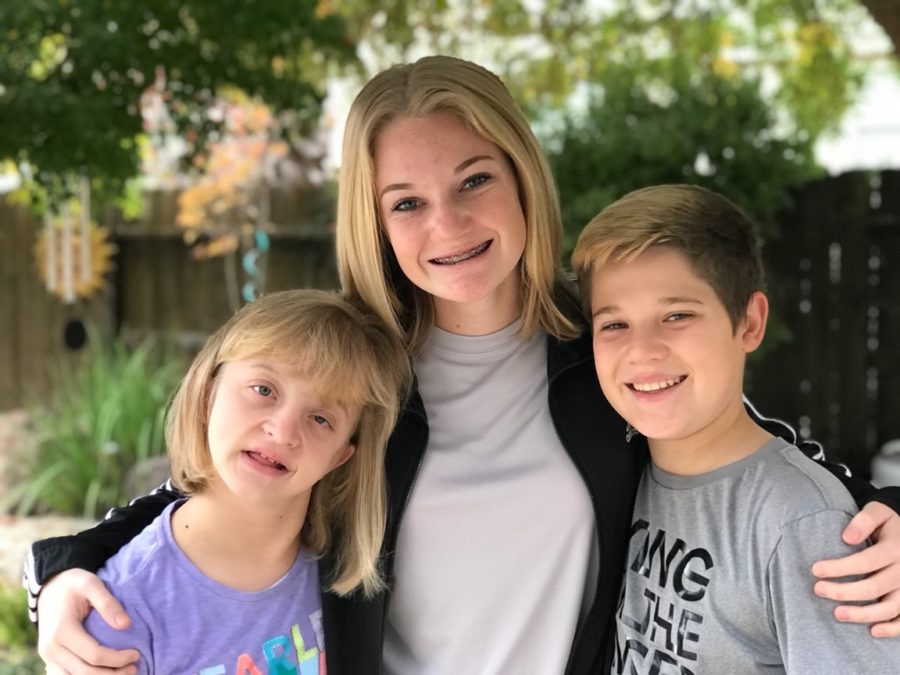
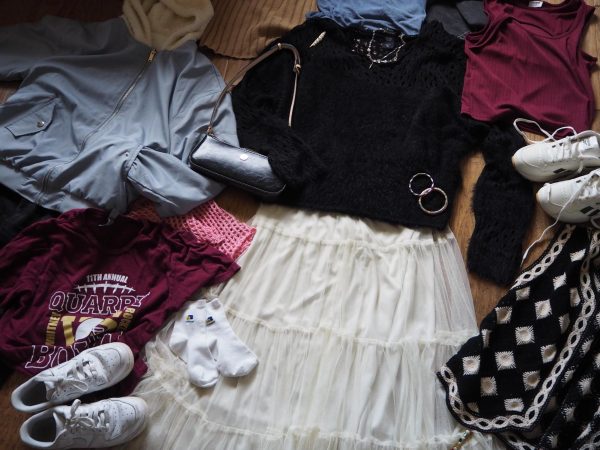
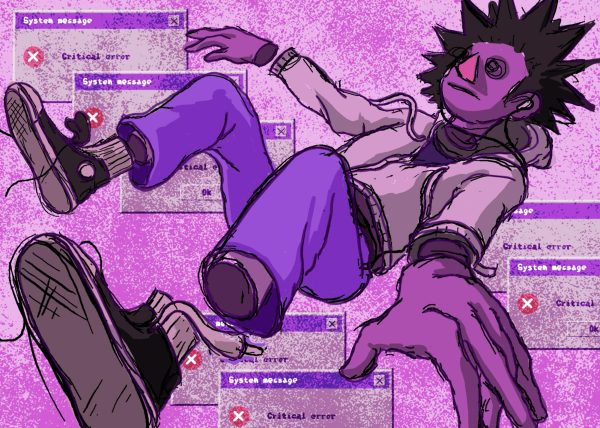
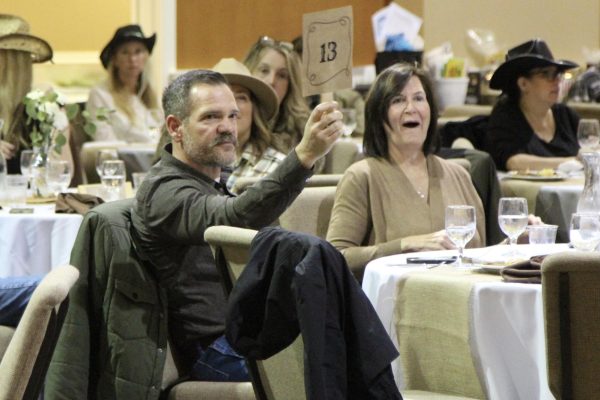

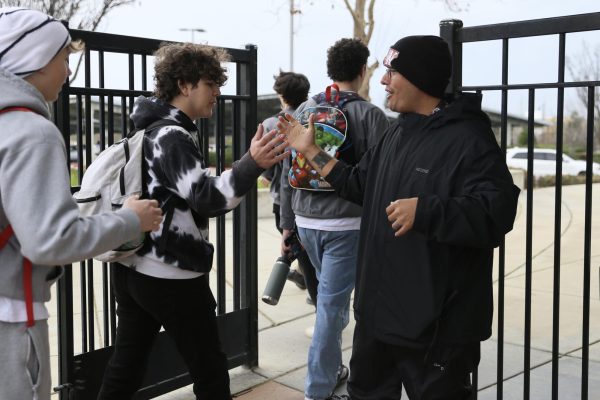
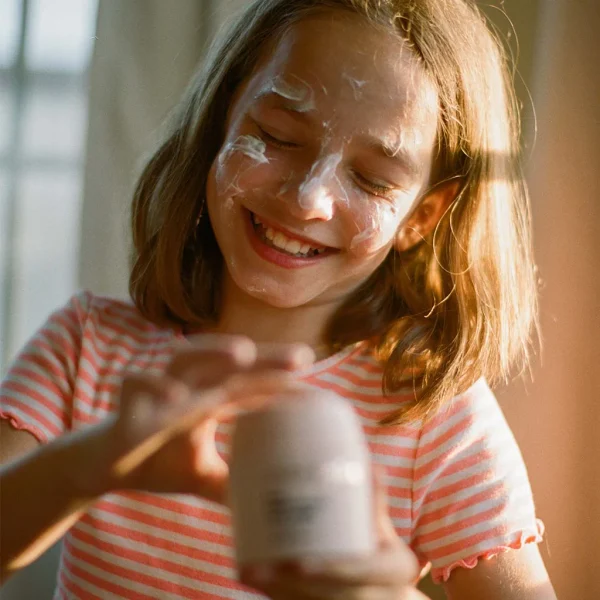
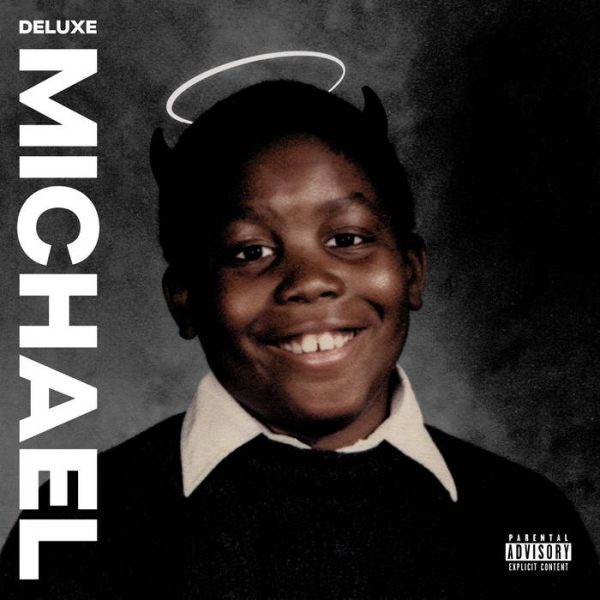
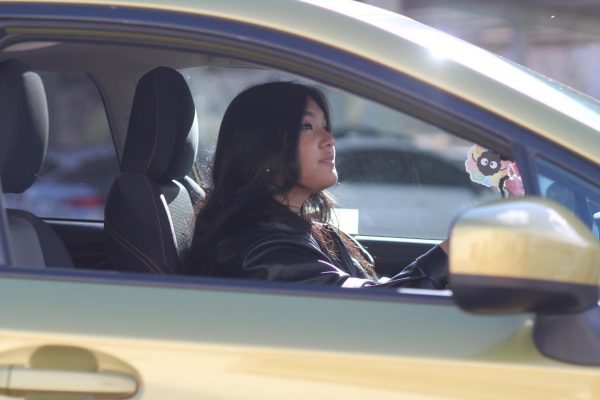
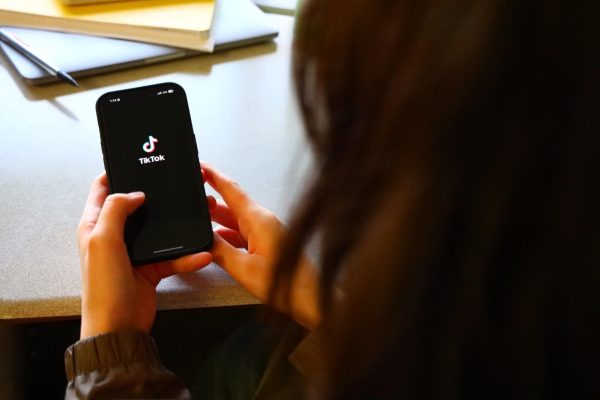
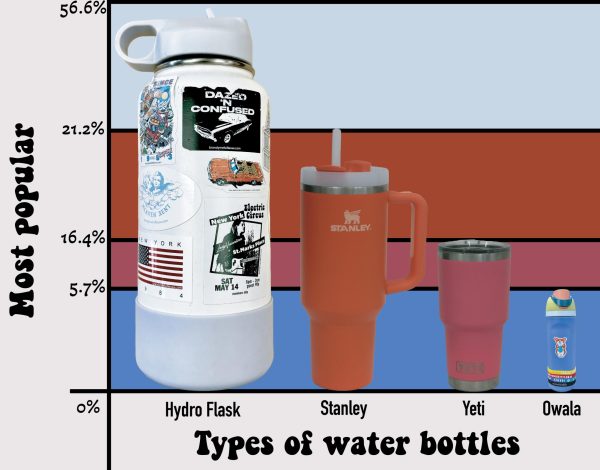
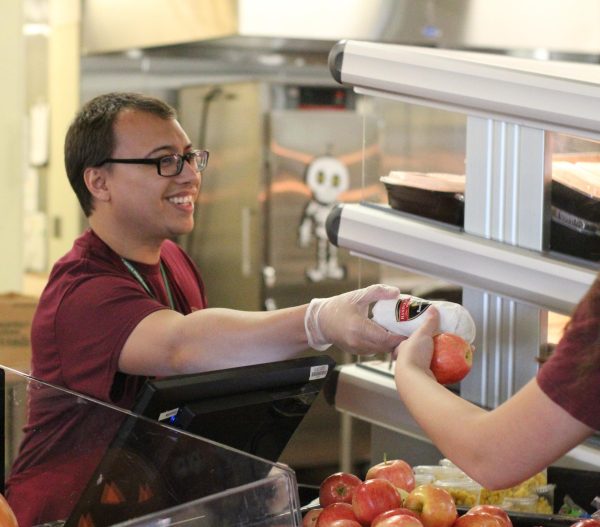
![Women’s varsity golf player Sophia Molinaro and Rocco O’Laughlin find seats to enjoy the dinner after competing in the tournament. Many students and staff members supported the community event. “Some of the teachers participate and some of the teachers donate as well. I know Mr. [Scott] Seffens is participating in it this year,” Grace Scott said.](https://www.whitneyupdate.com/wp-content/uploads/2023/10/IMG_3690-600x400.jpg)